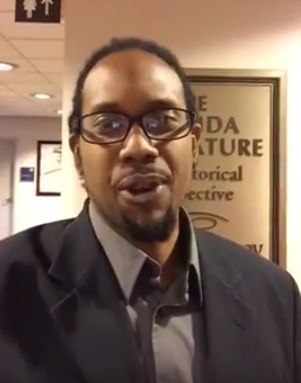Legal Cannabis Is Here. Minorities Are Owed a Place in the Industry
Erik Range, Kansas City Star, April 18, 2019
{snip}
Now more than ever, the cannabis conversation permeates nearly all demographics, including communities of color. {snip}
{snip}
According to the report, “The State of Legal Marijuana Markets,” from cannabis research firm the Arcview Group, worldwide legal cannabis spending increased from $9.5 billion in 2017 to $12.2 billion in 2018, and is projected to grow to $16.9 billion this year.
So how do we ensure the economic benefits derived from this industry make their way into communities of color, which have disproportionally carried the burden of federal prohibition? For cities such as Los Angeles and Oakland, California, the answer has come in the form of social equity programs. Their goal is to provide ownership opportunities in the legal cannabis industry to individuals and communities most impacted by the criminalization of cannabis, realizing that those who have been incarcerated during prohibition deserve a fast track to ownership in the legal industry.
The American Civil Liberties Union’s 2013 report, “Marijuana in Black and White,” {snip} highlighted the disproportionate incarceration rates of African Americans in nearly every state across the country.
In Missouri, the report showed that African Americans were 2.6 times more likely to be arrested than their white counterparts, despite similar rates of marijuana usage. With this in mind, an argument can be made for the implementation of a social equity program tailored to the needs of the state. To be truly effective, however, policies governing social equity programs must address a host of issues: expungement of criminal records, access to legal counsel, technical writing assistance, industry credentialing, business development and incubation services, ongoing mentorships, low-interest loan programs, access to private capital, anti-predatory loan policies, real estate zoning and affordability concerns, and so much more.
But social equity programs offer only part of the solution. Alone, they cannot foster widespread diversity and inclusion for Missouri’s coming cannabis industry. State regulators and local officials should also seek to provide support to minority- and women-owned ancillary enterprises, which are vital to building a sustainable business. They should look to states such as Pennsylvania and Florida’s model diversity and inclusion programs, which require applicants to submit detailed plans for including individuals from diverse backgrounds in equity, staffing and contracting.
Creating a diverse industry will require social equity programs, and then some. It will require thoughtful policy consideration, engagement from community stakeholders and nonprofit organizations, large and small cannabis companies, and the very communities that have paid a heavy price for this industry to become legal.
[Editor’s Note: Erik Range is chairman of the board for the 501(c)(3) nonprofit Minorities For Medical Marijuana]

Erik Range















